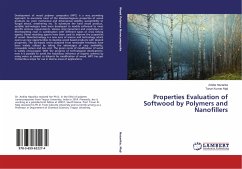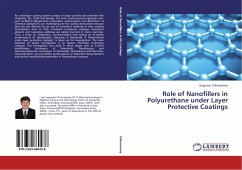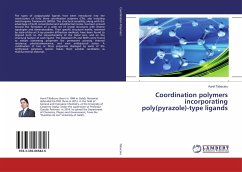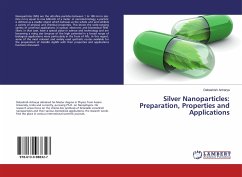Development of wood polymer composites (WPC) is a very promising approach to overcome most of the disadvantageous properties of wood products viz. poor mechanical and dimensional stability, susceptibility to fungal attack, weathering etc. To substitute the hard wood product, suitable technologies have been developed to modify softwood to meet specific end-use requirements. Various vinyl monomers and copolymers or thermosetting resin in combination with different types of cross linking agents, flame retarding agents have been used to improve the properties of wood. Nanotechnology is a new area of science and technology which opens up new opportunities to develop wood based products with desired properties. The bio-based resins obtained from renewable feedstock have been widely utilized by taking the advantages of easy availability, renewable nature and low cost. The green route of modification of wood is widely encouraged. With the progress of technological development, now it is possible to avoid the hazardous influence of organic solvents by using water as solvent or diluents for modification of wood. WPC has got tremendous scope for use in diverse areas of applications.
Bitte wählen Sie Ihr Anliegen aus.
Rechnungen
Retourenschein anfordern
Bestellstatus
Storno








